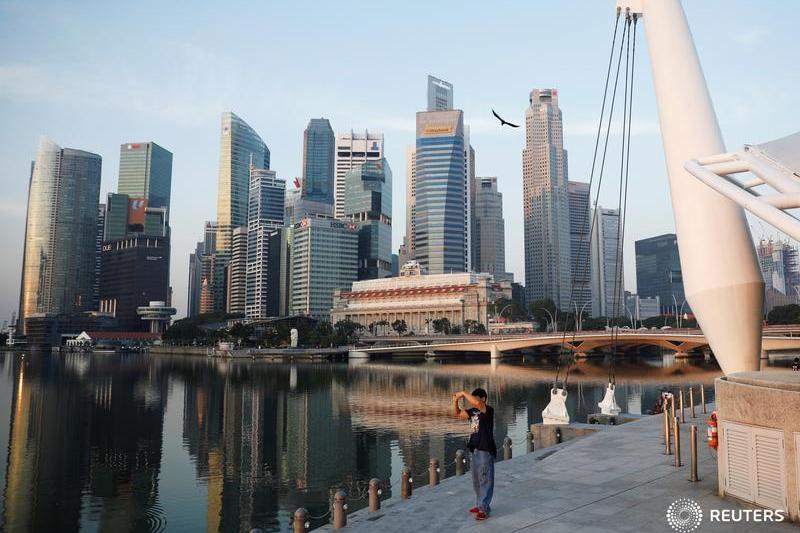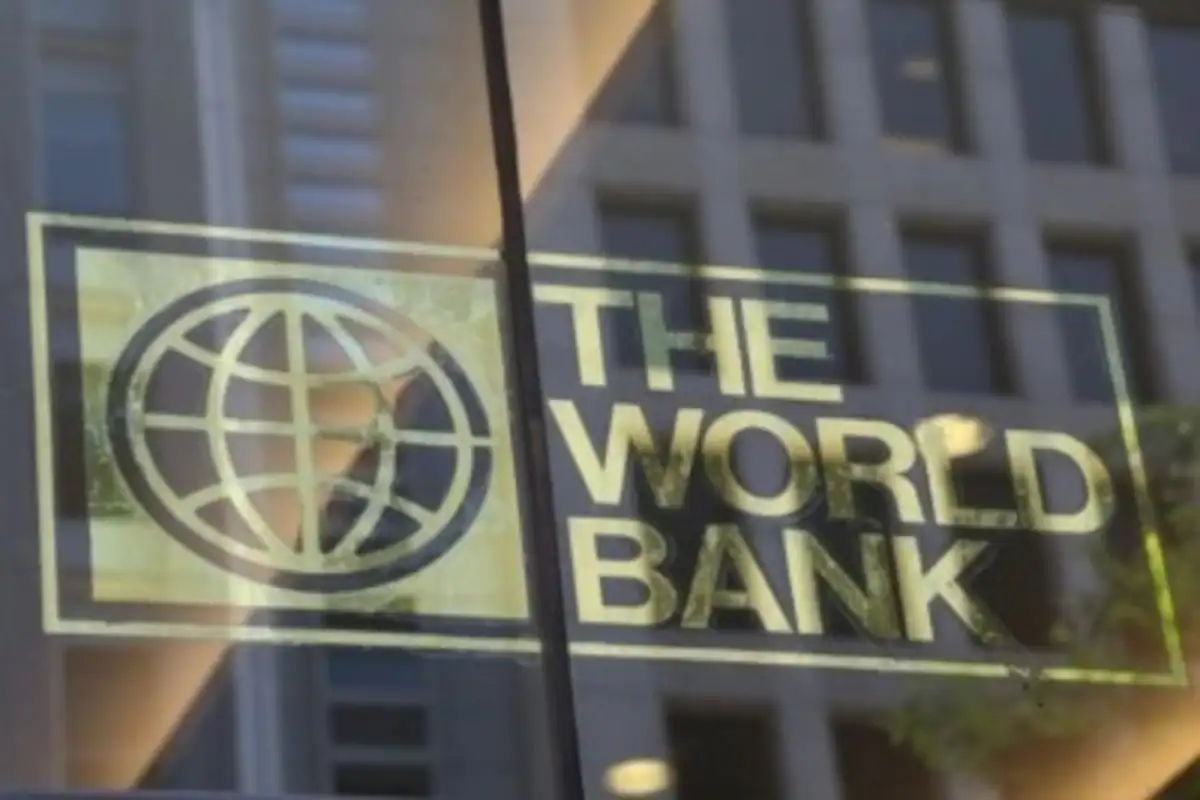Over the past two decades, Africa’s trade partnerships have significantly shifted away from Europe, with Asia emerging as the primary trading partner, a recent analysis by Mo Ibrahim Foundation noted, whereby this development is underpinned by high‑growth corridors both between African regions and with regions beyond including Asia and the Middle East, according to a new report by Standard Chartered.
Africa’s total exports will reach $952 billion by 2035, says ‘Future of Trade: Africa’ report published by the Standard Chartered, that also points to the East Africa-South Asia corridor as one of the most promising trade route. The bank predicts the East Africa-South Asia corridor to grow at 7.1% per annum through to 2035, bolstered by the opportunities of a growing India and bringing economic benefits of $30 billion. West Africa will also benefit from links to South Asia as it sees trade grow by 6.1% per annum. “Most of Africa’s total exports will be driven by trade with the rest of the world, dominated by commodity exports. With India as one of the most rapidly growing major economies, corridors between Africa and South Asia are expected to grow the fastest,” the report says.
This broader trend is evident in the figures, with 2021 trade data showing Asia accounts for over 40% of both Africa’s exports and imports, surpassing Europe in both categories, said a recent analysis published by the Mo Ibrahim Foundation. While the European Union remains the largest single market for African goods and the largest source of African imports, China has become the leading trading partner in terms of individual countries, in both exports and imports. Meanwhile, Africa’s exports to India have increased remarkably since the year 2000, surging more than 11-fold. While in 2000, Europe was the destination for almost half of all African exports and North America accounted for a larger share than Asia, in 2023, the EU’s and North America’s share of Africa’s export market have declined by one quarter and two-thirds, respectively.



